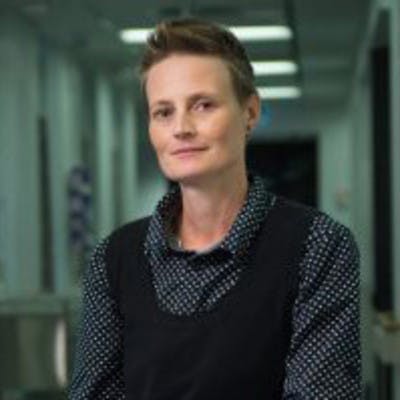Worry me this, Worry me that!
0
What's in your young person's head?
It goes without saying that many people don’t know what’s happening in their kids heads – and this is particularly true for when they are in the teenage and young adult space. Often what can happen is that cancer will mean that young people have more going on in their heads and can be less likely to share it with their parents!
The Young Person’s perspective
When I speak with young people they rarely tell me that cancer is the only thing that they are thinking about. Often, they aren’t even thinking about it much at all. Pretty reliably, when I speak with young people about their cancer they will talk about it with an acceptance, it’s just something that needs to be dealt with and managed. So even though treatment is pretty horrible, the disruption to life is a struggle and they might appear more grumpy and irritable, mostly they get that it is about just getting on and doing it.
However, there are many other things that young people are thinking about – school, uni, work, friends, boyfriends, girlfriends, finding a girlfriend/boyfriend, their parents, random Netflix viewing, social media, their bodies, their hair, sex stuff, their own mortality and what things will look like after cancer. They aren’t going to be worrying about all of these things at once, but I would be surprised if your young person hasn’t thought about them at all.
Sometimes the cancer will feel like the most manageable piece in their worlds. The treatment is largely predictable, there is a plan and a routine that comes along with it. Their relationships and connections with others or with the things that they like to do will feel much less predictable. At other times the cancer might disrupt everything so much, that it will be the only thing that they can think about and will disconnect from everything else.
There is a good chance that along with the cancer the young person will lose at least some of their independence. And like everyone, when we think we are losing something, their instinct is often to grab on with both hands and not let go. This can mean that the balance between knowing that their parents are trying to do the best for them, and wanting to be independent can cause friction. This is particularly true for young people who have been out of home, or very independent, who then are back spending much of their time at home and with their parents.
One of the things that young people do speak with me about frequently is that people don’t listen to them when they are speaking about what they are worried about. This includes their parents, siblings and friends. They understand that it is difficult for others to understand about the cancer and the flow on effects of it. However, often young people will talk to me about how people try and problem solve situations for them, or tell them not to worry about things (cancer related or not). If they are worrying about the cancer, the overwhelming response that people will give them is to tell them to be positive and not think about the future. Young people are wired to think about the future (as we all are) and it is really difficult for them to not plan forward, and worry about what it might look like if the cancer gets in the way of it. Similarly, if they are worrying about things that aren’t related to the cancer, like things at school etc. they will often report that people tell them not to think about these things, they aren’t important, they have cancer!
What can you do to support your young person?
- It sounds simple, but ask them what they need from you. Much of the cancer process is about losing choices, and so allowing them choice about what they talk about and when, and how they engage in support is really important.
- Talk to them about things outside of cancer. It’s likely that lots of people are only talking with them about cancer, and others might not talk to them about anything at all. So chatting about anything else will likely be a nice relief, and might lead them into talking about other things that feel really important.
- Help support them staying engaged in the things that are important. Treatment makes routine hard, but keeping your young person connected and engaged with the things that they like will make treatment more manageable. It might be hard for them to do this, but with your support it will be a whole lot easier.
- Look after yourself. Young people worry about their parents, and can see the strain that all of this puts on you. If they can see that you are looking after yourself, they will be more likely to engage with you about tough things because they will be able to see you have the resources to cope.
Toni Lindsay is Allied Health Manager, LifeHouse

